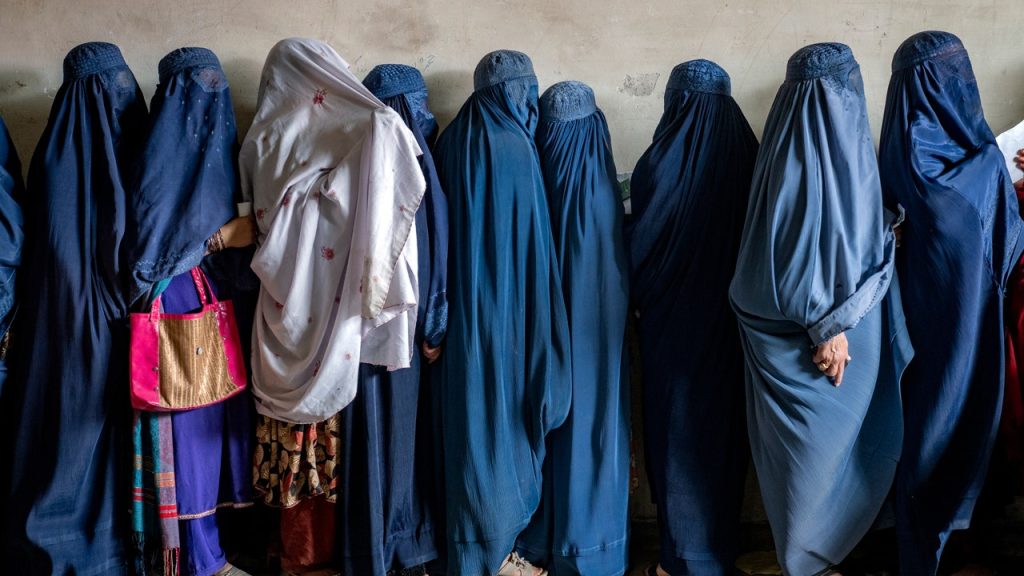The Taliban in Afghanistan recently introduced new vice and virtue laws which ban women from baring their faces and speaking in public places. The United Nations and Roza Otunbayeva, head of the U.N. mission in the country, expressed concerns over these laws, stating that they further restrict the rights of women and girls in the country. Zabihullah Mujahid, a spokesperson for the Taliban, responded to the criticism by warning against arrogance from those who may not be familiar with Islamic Sharia law, particularly non-Muslims who may object to these laws.
The Taliban government’s new laws include requirements for women to conceal their faces, bodies, and voices outside the home, as well as a ban on images of living beings, such as photographs. Otunbayeva criticized these laws, stating that the Afghan people deserved better treatment considering the country’s history of war and humanitarian crisis. Mujahid responded to the UNAMA statement by reaffirming the Taliban’s commitment to upholding and enforcing Islamic Sharia law, despite the concerns raised by various parties.
The Taliban’s government has faced criticism and pushback from the United Nations and others over their new vice and virtue laws, which are seen as further restricting the rights of women in Afghanistan. Otunbayeva described the vision of the future presented by these laws as distressing and intolerable, particularly for women and girls in the country. Mujahid defended the laws by urging a thorough understanding of Islamic values and warning against arrogance from those who object to them, particularly non-Muslims.
The Taliban’s laws have sparked controversy and condemnation from various parties, who see them as a step backwards for women’s rights in Afghanistan. Otunbayeva called for a more respectful acknowledgment of Islamic values but also emphasized the importance of protecting the rights of women and girls. Mujahid reiterated the Taliban’s commitment to enforcing Sharia law and rejected the concerns raised by the United Nations and others, emphasizing the importance of upholding Islamic values in their government’s policies and practices.
The debate over the Taliban’s vice and virtue laws continues, with the United Nations and other parties expressing strong criticism and concern over the impact of these laws on the rights of women in Afghanistan. The Taliban’s government has defended the laws as necessary to uphold Islamic values and prevent moral violations, warning against arrogance from those who object to them. The future of women’s rights in Afghanistan remains uncertain as the Taliban faces pressure to reconsider their restrictive laws and prioritize the rights and freedoms of women and girls in the country.













